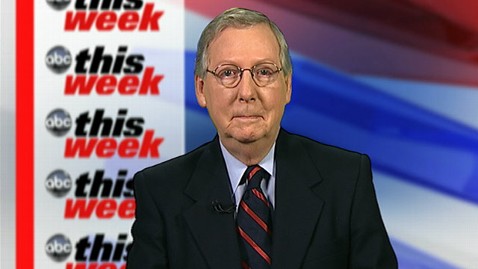CARACAS (Reuters) - Venezuelan lawmakers re-elected a staunch ally of Hugo Chavez as leader of the National Assembly on Saturday, putting him in line to be caretaker president if the socialist leader does not recover from cancer surgery.
By choosing the incumbent, Diosdado Cabello, the "Chavista"-dominated legislature cemented the combative ex-soldier's position as the third most powerful figure in the government, after Chavez and Vice President Nicolas Maduro.
"As a patriot ... I swear to be supremely loyal in everything I do, to defend the fatherland, its institutions, and this beautiful revolution led by our Comandante Hugo Chavez," Cabello said as he took the oath, his hand on the constitution.
He had earlier warned opposition politicians against attempting to use the National Assembly to conspire against the people, saying they would be "destroyed" if they tried.
Thousands of the president's red-clad supporters gathered outside parliament hours before the vote, many chanting: "We are all Chavez! Our comandante will be well! He will return!"
If Chavez had to step down, or died, Cabello would take over the running of the country as Assembly president and a new election would be organized within 30 days. Chavez's heir apparent, Maduro, would be the ruling Socialist Party candidate.
Chavez, who was diagnosed with an undisclosed form of cancer in his pelvic area in mid-2011, has not been seen in public nor heard from in more than three weeks.
Officials say the 58-year-old is in delicate condition and has suffered multiple complications since the December 11 surgery, including unexpected bleeding and severe respiratory problems.
Late on Friday, Maduro gave the clearest indication yet that the government was preparing to delay Chavez's inauguration for a new six-year term, which is scheduled for Thursday.
'RESPECT DEMOCRACY'
Maduro said the ceremony was a formality, and that Chavez could be sworn in by the Supreme Court at a later date. The opposition says that is a "twisted reading" of the constitution.
"The president right now is president," Maduro told state television. "Don't mess with the people. Respect democracy."
The opposition says Chavez's absence would be just the latest sign that he is no longer fit to govern, and that new elections should be held in the South American OPEC nation.
Last year, the president staged what appeared to be a remarkable comeback from his illness to win re-election in October, despite being weakened by radiation therapy. He returned to Cuba for more treatment within weeks of his victory.
Should the president have to step down after 14 years in office, a new vote would probably pit Maduro, a 50-year-old former bus driver and union leader, against opposition leader Henrique Capriles, the 40-year-old governor of Miranda state.
Capriles lost to Chavez in October's presidential election.
"I don't think Maduro would last many rounds in a presidential race. He's not fit for the responsibility they have given him," Capriles said after the vice president's appearance on state television.
Chavez's condition is being watched closely by leftist allies around Latin American who have benefited from his oil-funded generosity, as well as investors attracted by Venezuela's lucrative and widely traded debt.
The country boasts the world's biggest crude reserves. Despite the huge political upheaval Chavez's exit would cause, the oil industry is not likely to be affected much in the short term, with an extension of "Chavismo" keeping projects on track, while a change in parties could usher in more foreign capital.
(Additional reporting by Deisy Buitrago; Editing by Vicki Allen)















